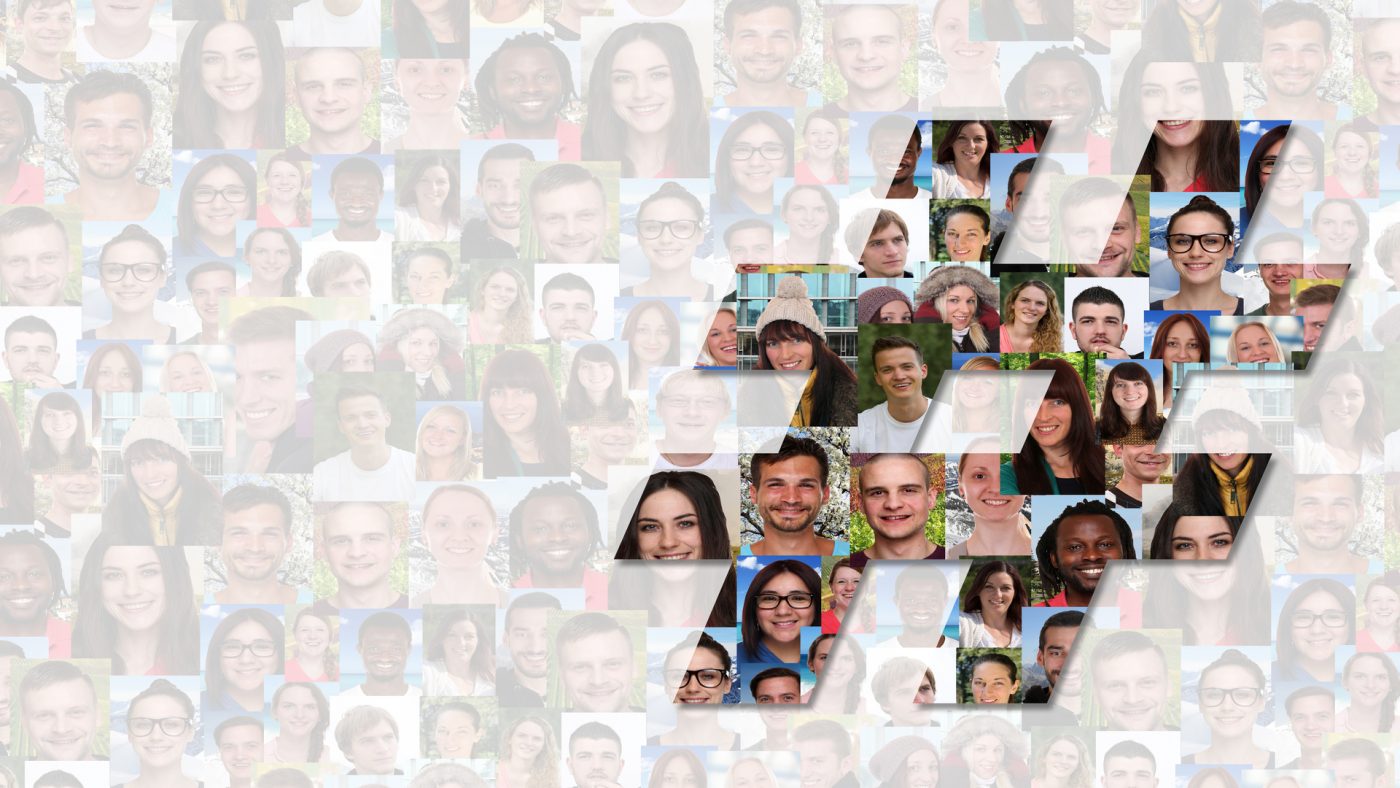Fulbright-Nehru Fellow Meena Pillai explores how the growth of digital communications empowers activists to work for women’s rights.
March 2021

Photograph iStock/Getty Images.
What happens when people fighting for women’s rights unite not just through meetings and marches, but web conferences, chat rooms and other digital platforms? According to Meena Pillai, the answer could be a powerful movement like nothing seen before.
Pillai works at the University of Kerala, where she serves as a professor for the Institute of English, director of the Centre for Cultural Studies, and director of the School of English and Foreign Language. Her research and teaching look at how the growth of digital communications empowers activists to work for women’s rights at local, regional and even international levels.
“This is the rise of a new feminism,” she says, “where the digital world has opened up the possibility for ordinary women to narrate their stories too. This will lead to a bigger ensemble of voices.” Pillai describes digitally-empowered feminist movements of the future as building without the need for leaders, but with the potent ability to challenge institutions and structures that oppress women. “I see my research as capturing this brilliant historical juncture,” she says, “where women around the world are awakening to the possibilities of new sisterhoods of resistance.”
Pillai has spent three decades studying and teaching topics related to language, culture, communications and gender. She first learned about Fulbright-Nehru fellowships over two decades ago from her research supervisor and won her first fellowship to study at Ohio State University in the mid-1990s. She completed her second fellowship, in which she was named a Fulbright-Nehru Academic and Professional Excellence Award Scholar, in 2020.
For the second fellowship, Pillai traveled to the University of California, Los Angeles (UCLA) as a visiting professor. She taught a course titled “New Geographies of Women’s Digital Dissent,” that focused on some of her core interests: combining multiple academic disciplines, examining women’s rights as described in movies and mass media, and looking at how culture and gender intersect in everyday life. For Pillai, the experience was wonderful—and the students with whom she interacted as vital and fascinating as the subject matter itself.
“Teaching an eclectic group of students, including African Americans, was one of the most rewarding experiences ever,” she says. “For every aspect of feminist mobilization and dissent we discussed, whether from India, Tunisia, or related to #MeToo in America, there were always different opinions.” She describes the diversity of voices as rich and powerful, though navigating cultural differences proved challenging at times. “When I told my students of the menstrual taboos in India, I could see that they were visibly shaken,” she says. When she heard about the difficulties women faced in the United States trying to deal with oppression and sexism, she felt shocked as well. “So, we unlearned and then learned together,” she says.
The bonds Pillai forged in the United States were strong. Though her work at UCLA is now complete, she remains in touch with many of her American students and faculty colleagues, and she considers them “lifetime bonds across time and space.” She credits her lectures and conversations within the United States as helping to inspire her current book-in-progress, “New Feminisms.”
“Today, I am more, carrying little bits of all that I saw, taught, learned and loved during this unique journey of a lifetime,” she says, “hopefully having left a little of me behind, in the numerous academic and affectionate ties I made.”
For those interested in following Pillai’s example via Fulbright-Nehru fellowships of their own, Pillai’s advice is simple: “Go for it! It will change you, change your world. It will push the limits of your horizons and enable you to sprout new wings. It is a window to new worlds, new possibilities, new people. In a networked world, it will open new pathways of research collaboration and human interaction.”
Pillai describes her fellowship as a transformative experience. “It changed the way I perceived the world,” she says, “and changed the manner in which I had imagined and fashioned myself and my academic work. It also changed my understanding of America and Americans. It helped me forge deep bonds for life.”
Michael Gallant is the founder and chief executive officer of Gallant Music. He lives in New York City.
COMMENTS